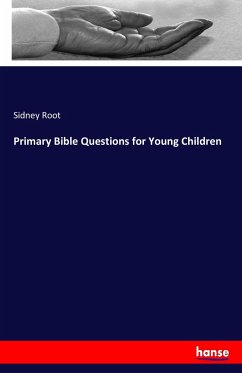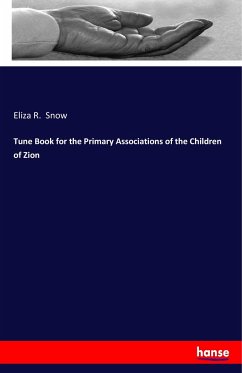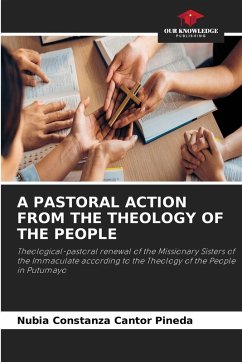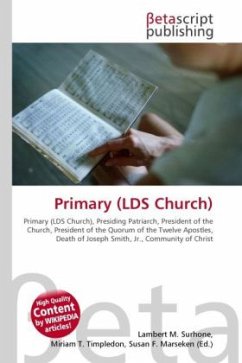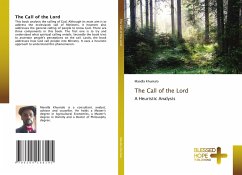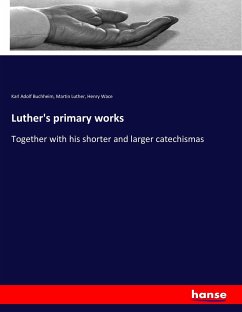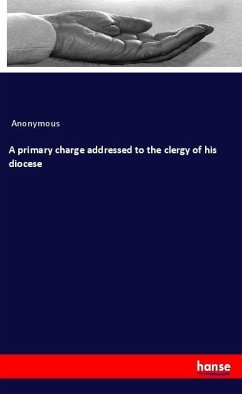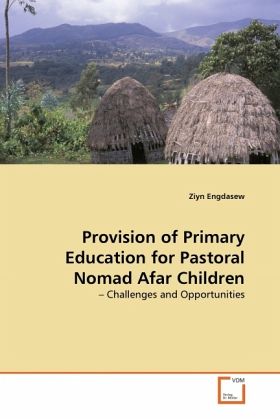
Provision of Primary Education for Pastoral Nomad Afar Children
Challenges and Opportunities
Versandkostenfrei!
Versandfertig in 6-10 Tagen
39,99 €
inkl. MwSt.

PAYBACK Punkte
20 °P sammeln!
In Ethiopia, pastoral nomads are estimated about to be 12 million. They predominantly live in frequent change of domicile in search of grazing lands for their livestock. Because of these and other interrelated cultural and economic factors, the nomadic people of Ethiopia are among the most educationally disadvantaged and most marginalized groups in the nation. Pastoral nomad Afars are one of the indigenous people, predominantly nomadic race, inhabited the northern half of the Great Rift Valley in Africa. Educationally, pastoral Nomad Afars appear to be a paradox from the point of view of parti...
In Ethiopia, pastoral nomads are estimated about to be 12 million. They predominantly live in frequent change of domicile in search of grazing lands for their livestock. Because of these and other interrelated cultural and economic factors, the nomadic people of Ethiopia are among the most educationally disadvantaged and most marginalized groups in the nation. Pastoral nomad Afars are one of the indigenous people, predominantly nomadic race, inhabited the northern half of the Great Rift Valley in Africa. Educationally, pastoral Nomad Afars appear to be a paradox from the point of view of participation in formal and non formal education system, and they regularly score at the bottom of the ladder. As a part of a nation, functional education must of a necessity and be provided to improve the survival skills that will enable them to participate effectively in the nation's socio-economic development. They should also be seen as a special group with significantly different ways of life, customs and traditions that require special approach, in terms of the type and methods of providing them the right type of education.



